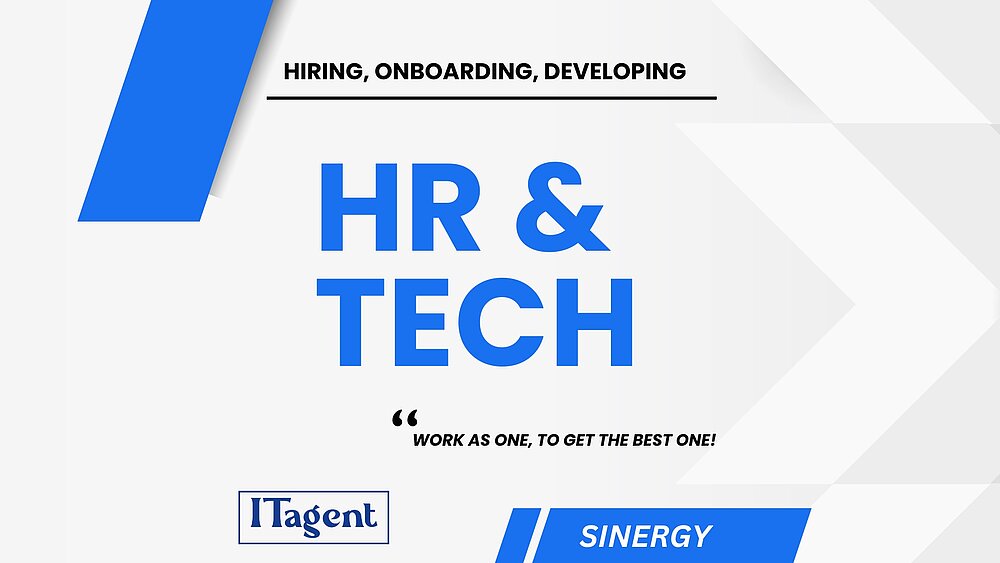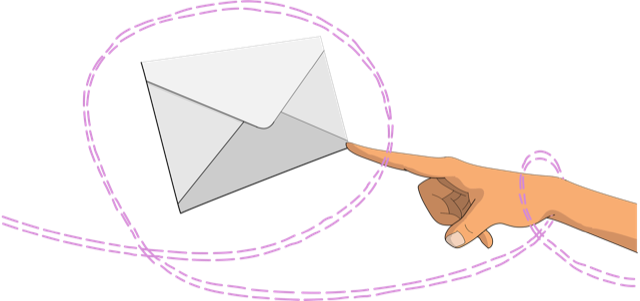For many tech experts, the first contact with HR can feel like stepping into a spotlight:
- "We don’t know who you are."
- "We need to analyze your CV for faults."
- "Are you being completely honest about your skills?"
While due diligence is important, this initial attitude often creates an atmosphere of doubt and defensiveness. Even great tech experts may hold back their real personalities and potential under such scrutiny, leading to missed opportunities for both the candidate and the company.
But here’s the truth: no candidate is perfect.
Instead of seeking perfection, HR should focus on uncovering potential—those tech experts who are open, adaptable, and ready to grow with the company’s culture and goals.
1. Trust First, Analyze Second
Most tech experts genuinely want to contribute and succeed. Starting the conversation from a place of trust encourages authenticity, helping HR and tech teams see the real person behind the CV.
What HR Can Do:
- Frame the initial conversation as an opportunity to learn about the tech expert’s strengths, passions, and career aspirations—not to find faults.
- Position HR as a bridge between the tech experts and the team, ensuring alignment rather than judgment.
2. Growth Potential Over Perfection
Technical expertise is essential, but the willingness and ability to grow often matter more in the long run. A tech expert who fits well with the company culture and shows the capacity to learn can often outperform someone who is technically flawless but resistant to change or collaboration.
What HR and Tech Teams Can Do Together:
- Evaluate growth potential by asking about past learning experiences, adaptability, and openness to feedback.
- Acknowledge gaps in technical skills but weigh them against the candidate’s willingness to learn. For instance, if a candidate lacks experience in a specific tech stack but has a proven track record of picking up new tools, this should not disqualify them.
- Use the interview as a collaborative space where HR and tech interviewers discuss how the candidate could evolve within the role, not just how they meet the current requirements.
3. Tailored Onboarding for Success
When hiring a candidate who needs to upskill, it’s essential to create a clear, structured onboarding plan. This ensures the tech expert has the resources and guidance to quickly bridge the gaps and contribute to the team.
What HR Can Do:
- Work with tech leads to define a roadmap for the new hire’s learning and integration into the team.
- Provide access to tools, mentors, and training programs from day one.
- Set realistic expectations about timelines for skill development and ensure these are communicated to both the new hire and their team.
4. The HR-Tech Collaboration
A strong partnership between HR and tech teams is the key to recognizing candidates’ potential. Together, they can:
- Identify which gaps are acceptable and which are deal-breakers.
- Ensure the interview process is balanced—assessing both technical expertise and the ability to thrive in the company’s culture.
- Uncover hidden opportunities to bring in tech experts who, with the right support, can grow into invaluable team members.
Why This Matters
Hiring isn’t just about finding the perfect match on paper. It’s about finding the right tech expert who has the mindset, adaptability, and drive to grow with your company.
When HR starts with trust, recognizes growth potential, and works closely with tech teams, the result is a hiring process that doesn’t just fill roles—it builds futures.

